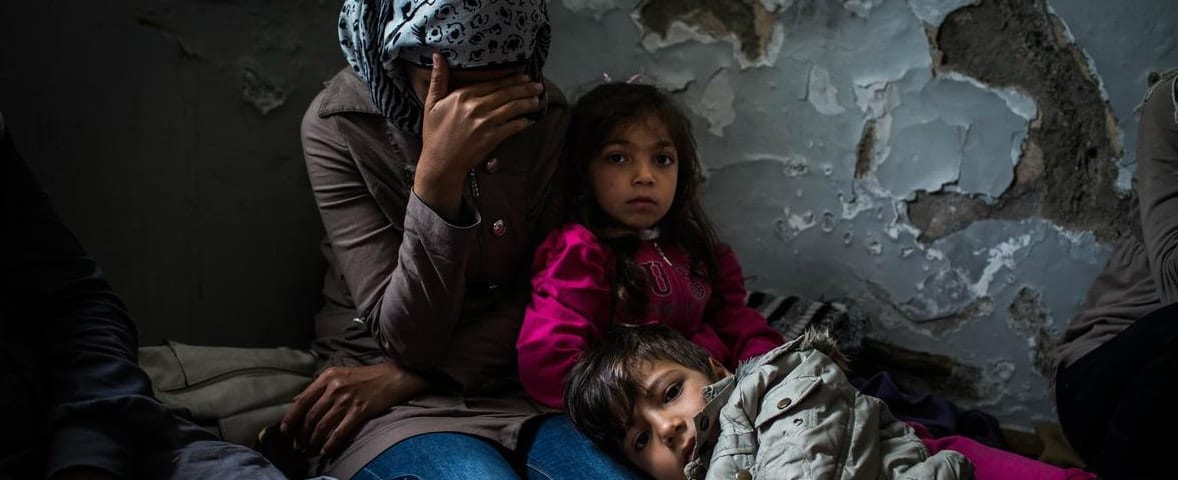Regina Caeli – Queen of Heaven, Rejoice!
The Regina Caeli, Latin for “Queen of Heaven,” is a hymn and prayer ...

Mercy, says Gregory of Zazianzen, is by no means the least of the beatitudes. Christ has asked for generosity rather than sacrifice; Blessed are the merciful and those who are cheerful in their giving to the poor.
Blessed are the merciful, because they shall obtain mercy, says the Scripture. Mercy is not the least of the beatitudes.
Again: Blessed is he who is considerate to the needy and the poor. Once more: Generous is the man who is merciful and lends. In another place: All day the just man is merciful and lends.
Let us lay hold of this blessing, let us earn the name of being considerate, let us be generous.
Not even night should interrupt you in your duty of mercy. Do not say: Come back and I will give you something tomorrow. There should be no delay between your intention and your good deed. Generosity is the one thing that cannot admit of delay.
Share your bread with the hungry, and bring the needy and the homeless into your house,with a joyful and eager heart. He who does acts of mercy should do so with cheerfulness. The grace of a good deed is doubled when it is done with promptness and speed. What is given with a bad grace or against one’s will is distasteful and far from praiseworthy.

When we perform an act of kindness we should rejoice and not be sad about it. If you undo the shackles and the thongs, says Isaiah, that is, if you do away with miserliness and counting the cost, with hesitation and grumbling, what will be the result? Something great and wonderful! What a marvelous reward there will be: Your light will break forth like the dawn, and your healing will rise up quickly. Who would not aspire to light and healing.
If you think that I have something to say, servants of Christ, his brethren and co-heirs, let us visit Christ whenever we may; let us care for him, feed him, clothe him, welcome him, honor him, not only at a meal, as some have done, or by anointing him, as Mary did, or only by lending him a tomb, like Joseph of Arimathaea, or by arranging for his burial, like Nicodemus, who loved Christ half-heartedly, or by giving him gold, frankincense and myrrh, like the Magi before all these others.
The Lord of all asks for mercy, not sacrifice, and mercy is greater than myriads of fattened lambs. Let us then show him mercy in the persons of the poor and those who today are lying on the ground, so that when we come to leave this world they may receive us into everlasting dwelling places, in Christ our Lord himself, to whom be glory for ever and ever. Amen.
This post on mercy and generosity comes from a sermon by Saint Gregory of Nazianzen (Oratio 14, De Pauperum amore, 38. 40: PG 35, 907. 910). It appears in the Roman Office of Readings for Saturday of the 3rd week of Lent. The accompanying biblical reading is Exodus 40: 16-38.
Our mid-article picture is of Katie Davis, an American girl whose work with the poor of Uganda led her to adopt 13 beautiful children and found Amazima Ministries, an organization serving vulnerable children and families.
For more great ideas on mercy and almsgiving for the Lenten Season, see the MERCY section of the Crossroads Initiative Lenten Library.
For more on “Blessed are the Merciful and the other Beatitudes, visit the BEATITUDES section of the Crossroads Initiative Library.
No Comments